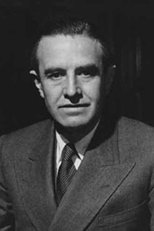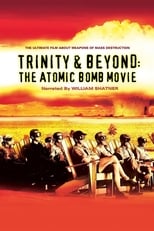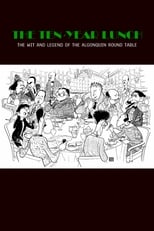
|
|
William Averell Harriman (November 15, 1891 – July 26, 1986), better known as Averell Harriman, was an American Democratic politician, businessman, and diplomat. The son of railroad baron E. H. Harriman, he served as Secretary of Commerce under President Harry S. Truman, and later as the 48th governor of New York. He was a candidate for the Democratic presidential nomination in 1952 and 1956, as well as a core member of the group of foreign policy elders known as "The Wise Men". While attending Groton School and Yale University, he made contacts that led to creation of a banking firm that eventually merged into Brown Brothers Harriman & Co. He owned parts of various other companies, including Union Pacific Railroad, Merchant Shipping Corporation, and Polaroid Corporation. During the presidency of Franklin D. Roosevelt, Harriman served in the National Recovery Administration and on the Business Advisory Council before moving into foreign policy roles. After helping to coordinate the Lend-Lease program, Harriman served as the ambassador to the Soviet Union, and attended the major World War II conferences. After the war, he became a prominent advocate of George F. Kennan's policy of containment. He also served as Secretary of Commerce, and coordinated the implementation of the Marshall Plan. In 1954, Harriman defeated Republican Senator Irving Ives to become the Governor of New York. He served a single term before his defeat by Nelson Rockefeller in the 1958 election. Harriman unsuccessfully sought the presidential nomination at the 1952 Democratic National Convention and the 1956 Democratic National Convention. Although Harriman had Truman's backing at the 1956 convention, the Democrats nominated Adlai Stevenson II in both elections. After his gubernatorial defeat, Harriman became a widely respected foreign policy elder within the Democratic Party. He helped negotiate the Partial Nuclear Test Ban Treaty during President John F. Kennedy's administration, and was deeply involved in the Vietnam War during the Lyndon B. Johnson administration. After Johnson left office in 1969, Harriman became affiliated with various organizations, including the Club of Rome and the Council on Foreign Relations. From Wikipedia, the free encyclopedia |




